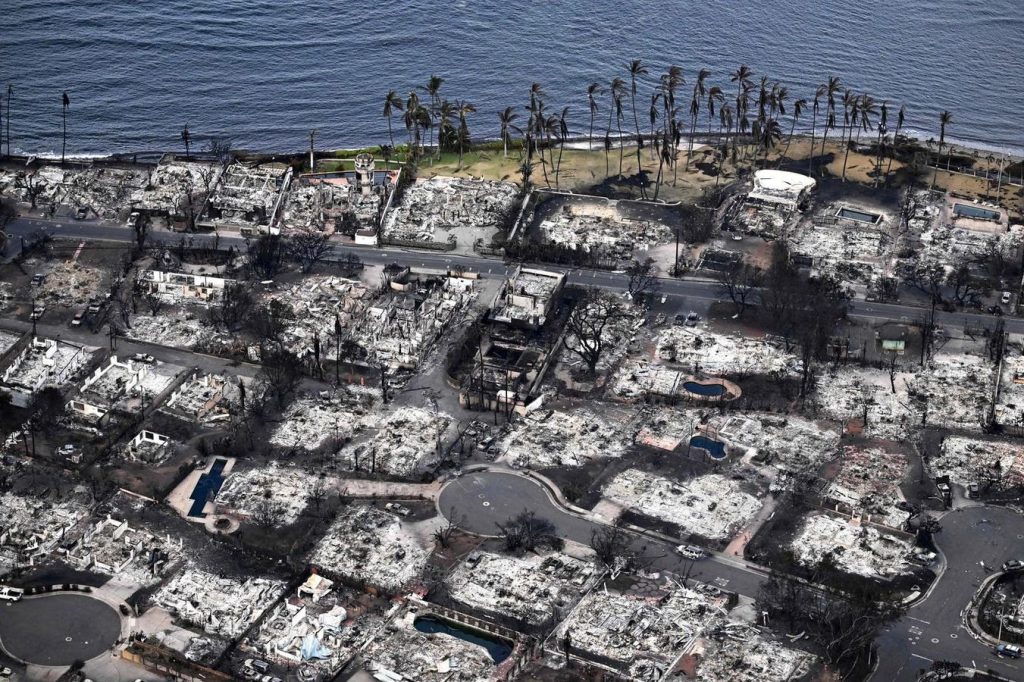The IRS has extended tax relief for victims of the Hawaii wildfires, pushing back deadlines for tax returns, payments, and other related activities to August 7, 2024. This extension is in addition to previous relief announced shortly after the wildfires occurred. Affected individuals, businesses, and tax-exempt organizations in Maui and Hawaii counties, designated by FEMA, qualify for this tax relief. The IRS lists eligible localities on their website for reference.
The extended deadline of August 7, 2024, applies to a range of tax-related activities including individual income tax returns, contributions to IRAs and health savings accounts, quarterly estimated income tax payments, and more. Taxpayers with valid extensions for their 2022 returns also have until August 7, 2024, to file them. However, payments on these returns are not subject to relief due to the original due dates before the wildfires. The IRS website has detailed information on the various returns and payments eligible for relief during this extended period.
Taxpayers with IRS addresses in the disaster area automatically receive filing and penalty relief without the need to contact the agency. However, those without IRS addresses in the disaster area may receive penalty notices during the postponement period. In such cases, affected taxpayers should call the IRS or the number on the notice to have the penalty waived. The IRS also assists taxpayers outside the disaster area who require relief due to records located in the affected area.
Extensions beyond August 7, 2024, for federal income tax returns can be requested electronically by April 15, 2024. Any requests made between April 15 and August 7, 2024, must be submitted on paper. Taxpayers will then have until October 15, 2024, to file their returns, along with payments due on August 7, 2024. Taxpayers who suffered uninsured or unreimbursed disaster-related losses may claim them on either their 2023 return or the prior year’s return, with additional time allowed to make the election.
Qualified disaster relief payments are typically excluded from gross income, allowing affected taxpayers to exclude government-issued payments for expenses related to the disaster from their taxable income. Additional relief may be available for retirement plan participants, such as special disaster distributions not subject to early withdrawal penalties and options for hardship withdrawals. This tax relief is part of a broader federal response to the Hawaii wildfires based on FEMA’s local damage assessments. For more information on disaster recovery, taxpayers can visit disasterassistance.gov.















